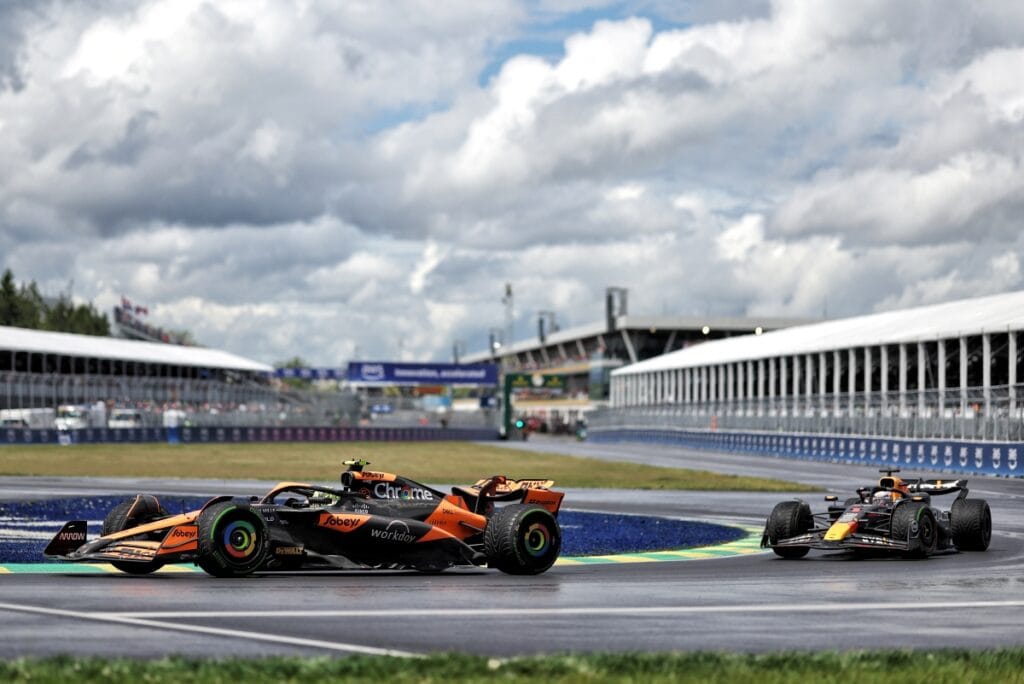Max Verstappen Fires Back: Red Bull Not to Blame for Silverstone’s Ticket Sales Plunge

Max Verstappen has firmly rejected claims from Silverstone that Red Bull’s dominance in Formula 1 is the reason for the British Grand Prix struggling to sell out tickets. Silverstone managed to draw a record 480,000 spectators last year, riding on the wave of a post-COVID attendance boom. However, this year, with a new restriction on overall attendees, ticket sales appear to be lagging.
Stuart Pringle, Silverstone’s Managing Director, pointed to Red Bull's superiority with the current ground effect cars as a contributing factor to this downturn. Verstappen, who has been nothing short of formidable at Silverstone — winning from pole position and extending his unbeaten run to a record 10 consecutive victories — was quick to dismiss this notion. “I don’t think it’s my fault. This current Formula 1 season is very exciting, with several teams competing for victories,” Verstappen countered.

While Pringle remarked on a visible “bounce” in ticket sales post-COVID that was common across various sports and entertainment events, he emphasized that the predictability of seeing the same winner could diminish the sport’s thrill. “If there is a strong likelihood of the same winner, and the jeopardy is taken out of sport, it does take the edge off it,” Pringle stated.
In direct response, Verstappen suggested that Silverstone should introspect on their own shortcomings rather than blame other factors. “If a promoter cannot fill all the seats and blames someone else, it is better that they first look at themselves,” Verstappen said pointedly.
The Pricing Dilemma
Pringle acknowledged that Silverstone’s current ticket prices could not be reduced due to the high costs associated with hosting an F1 race. “As a promoter, you have to get your ticket pricing strategy correct. You could make these things go quicker if you reduce the price,” he admitted. However, the high costs, including the promoter fee, mean they have to strike a balance that works financially.
Adding to the debate, Lewis Hamilton, who has triumphed at Silverstone eight times, pointed out that ticket prices are becoming prohibitive. “We have to watch ticket prices,” Hamilton remarked. “It’s hugely expensive and it’s too high. The sport won’t like that I’m saying that, but I’m thinking from the perspective of the fans and their families.”
Amidst this blame game, it’s clear that understanding fan sentiment and ensuring the accessibility of the sport to a broader audience is crucial. While the dominance of any one team can impact the unpredictability factor in races, it is the larger strategy involving both ticket pricing and event promotion that plays a critical role in filling up the stands.
The conversation highlights a broader issue within F1’s ecosystem: balancing the sport's soaring popularity with the financial realities of hosting a race and maintaining an affordable experience for fans. As the British GP approaches, it remains to be seen whether Silverstone will manage to tweak its approach to ensure a sold-out event, or whether the concerns raised by Verstappen and Hamilton will prompt a more significant overhaul in the way the venue manages its ticketing and promotional efforts.
Ultimately, the situation at Silverstone serves as a microcosm of the broader challenges facing Formula 1 as it navigates its path into the future. Fan engagement, cost management, and the excitement of the race itself are all intertwined factors that will need careful balancing to keep the sport thriving and accessible to its global audience.